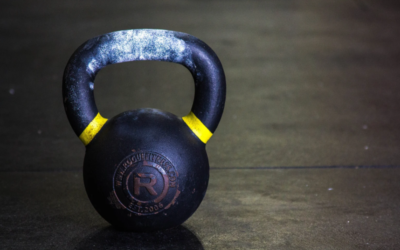In today’s fast-paced world, especially for our traveling community here at Hotel Athlete, maintaining a strong immune system is essential for overall health and well-being. While a balanced diet and a healthy lifestyle are crucial (and emphasized!!!), sometimes our bodies need an extra boost. Enter vitamins and minerals! These micronutrients play a vital role in supporting our immune system and keeping us healthy. In this article, we’ll explore the top 10 immune-boosting vitamins and minerals that can help you stay in peak condition, particularly while going from point A to B (and C, D…)! So, let’s dive in! P.S –> We may or may not receive commission for any purchases made through clicking our links!
Magnesium: Magnesium is often called the “master mineral” due to its involvement in over 300 biochemical reactions in the body. It helps regulate immune responses, reduces inflammation, and aids in DNA repair. Good sources of magnesium include nuts, seeds, leafy greens, and whole grains. It can also be utilized for healthy sleep habits, which we know are so important when on the road (From Dream to Reality: How Prioritizing Quality Sleep While Traveling Transforms Your Gym Experience)
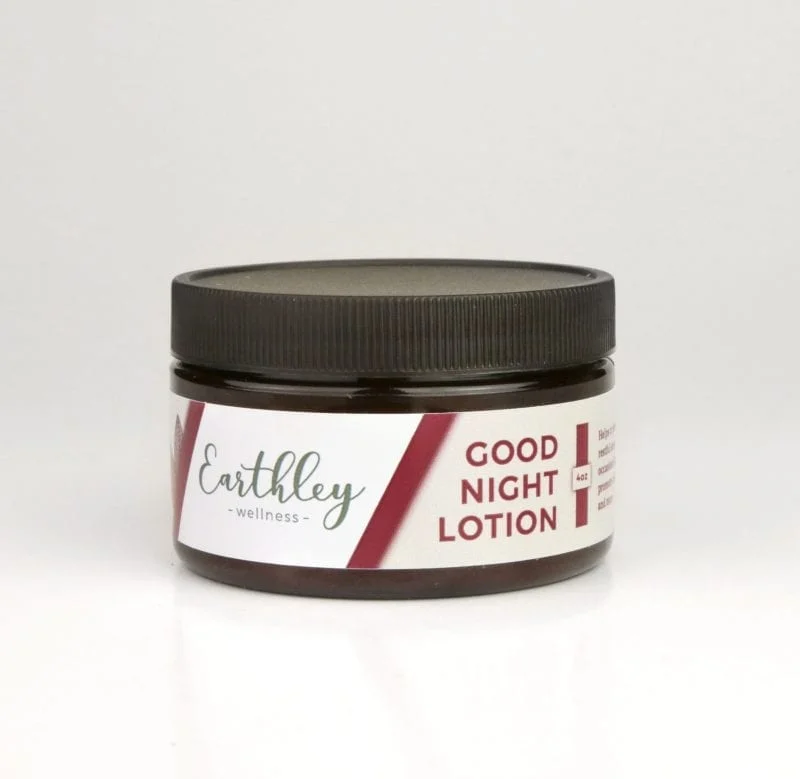
Vitamin D: Known as the “sunshine vitamin,” vitamin D plays a critical role in immune function. It helps activate immune cells, enhances antimicrobial responses, and modulates inflammation. Besides sunlight exposure, dietary sources of vitamin D include fatty fish, fortified dairy products, and egg yolks. It can be utilized for hormone balance as well.

Zinc: Zinc is an essential mineral that supports immune cell development and function. It plays a crucial role in wound healing and has antiviral properties (aka fighting colds). Foods rich in zinc include oysters, beef, poultry, legumes, nuts, and seeds.
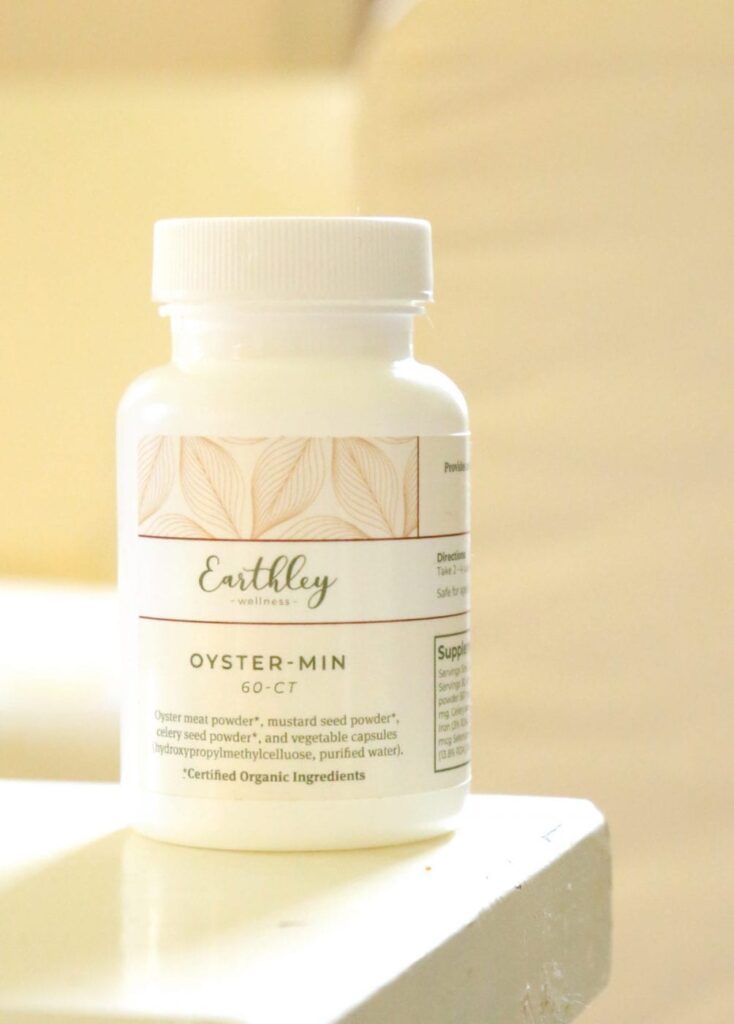
Vitamin C: When it comes to immune-boosting vitamins, vitamin C takes the spotlight. It promotes the production of white blood cells, which are key players in fighting off infections. Citrus fruits, strawberries, bell peppers, and leafy greens are excellent sources of vitamin C. Vitamin C can also fight inflammation.
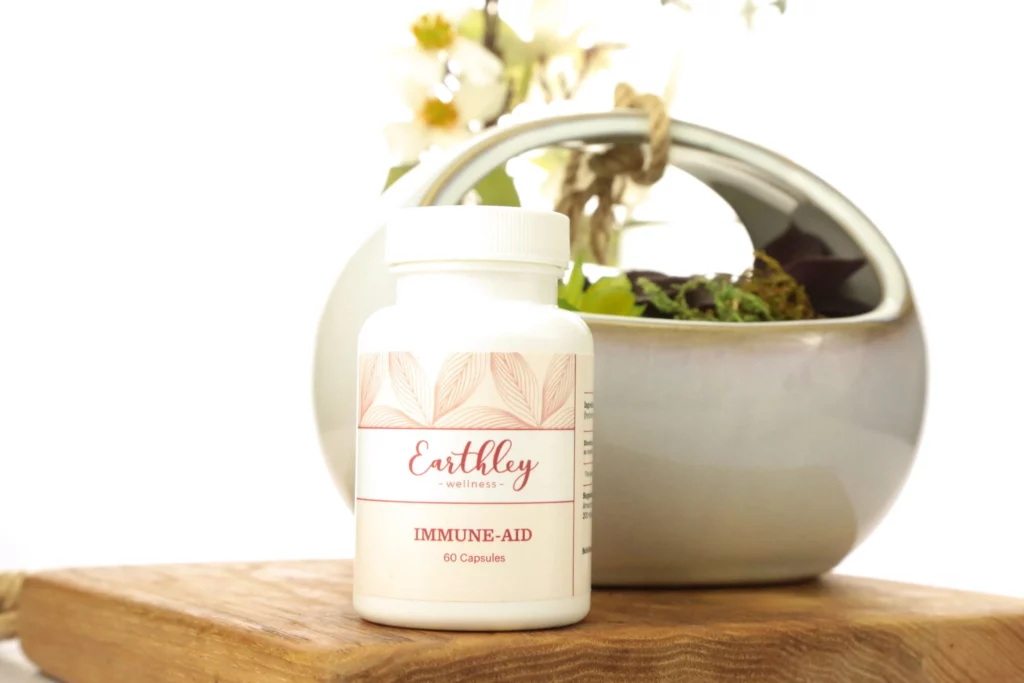
Vitamin E: Vitamin E is a potent antioxidant that protects cells from damage caused by free radicals. It enhances immune response by stimulating the production of natural killer cells. Sources of vitamin E include nuts, seeds, vegetable oils, and leafy greens. It is also great for skin health.
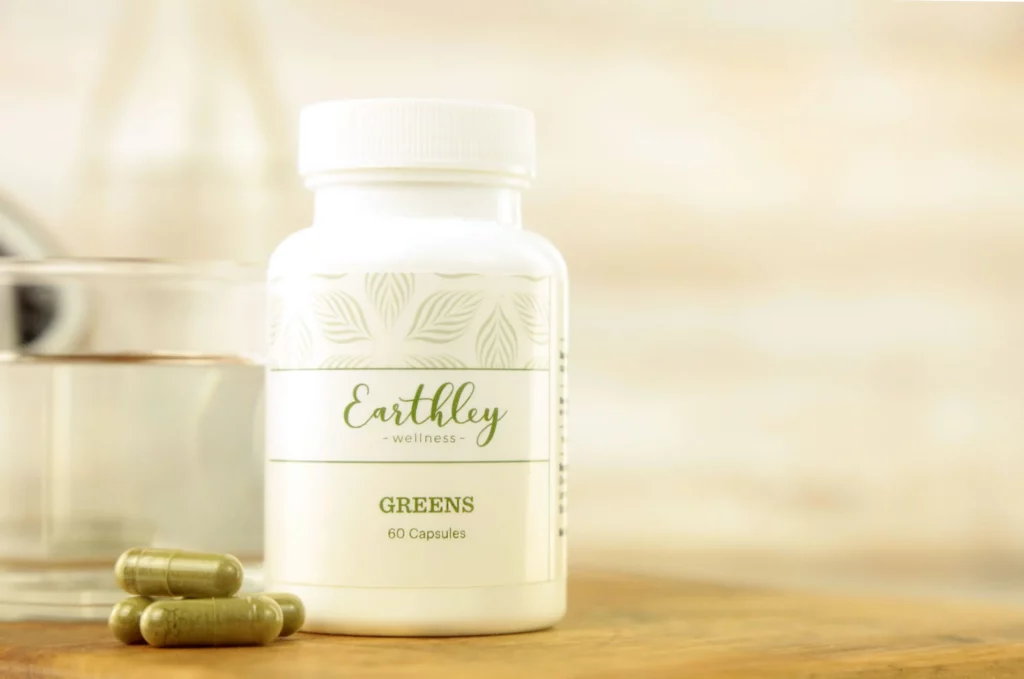
Vitamin B6: Vitamin B6 is vital for supporting biochemical reactions in the immune system. It helps maintain proper immune function and promotes the production of antibodies, as well as energy! Good sources of vitamin B6 include poultry, fish, bananas, chickpeas, and fortified cereals.

Selenium: Selenium is an essential mineral that works alongside antioxidants to support immune function. It helps regulate inflammation and supports the activation of immune cells. Brazil nuts, seafood, organ meats, and whole grains are rich sources of selenium. In addition, it can be utilized for improved stress response and hormone balance.
Folate: Folate, also known as vitamin B9, plays a crucial role in immune cell development and function. It aids in the production of DNA and RNA, which are essential for immune cells’ growth and repair. Leafy greens, legumes, fortified grains, and citrus fruits are excellent sources of folate. It can also be used for healthy digestion.
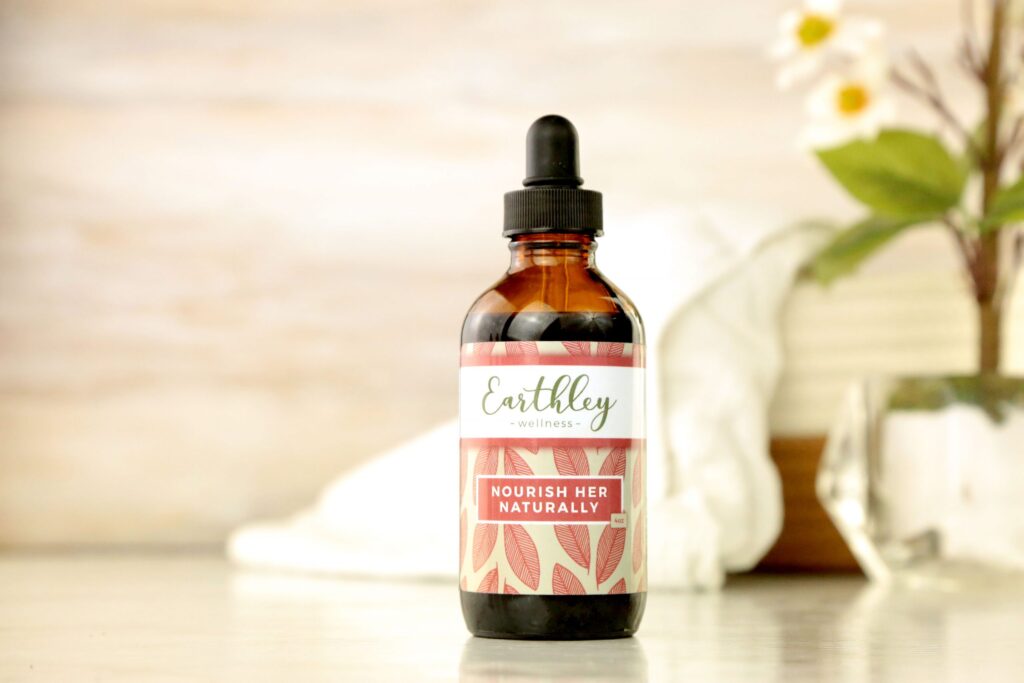
Iron: Iron is necessary for the production of hemoglobin, which carries oxygen to cells, including immune cells. It supports immune cell proliferation and function. Red meat, poultry, seafood, legumes, and fortified grains are good sources of iron.

Vitamin A: Vitamin A is crucial for maintaining the integrity of mucosal surfaces, such as the respiratory and gastrointestinal tracts, which act as the body’s first line of defense. It also enhances the production and function of immune cells. Sources of vitamin A include liver, eggs, dairy products, and colorful fruits and vegetables.

To strengthen your immune system and stay healthy, incorporating these top 10 immune-boosting vitamins and minerals into your diet is essential. Remember to maintain a balanced and varied diet to ensure you receive an adequate intake of these micronutrients. However, it’s always recommended to consult with a healthcare professional or a registered dietitian before making any significant changes to your diet or starting any new supplements. Boost your immune system and take charge of your health today!



